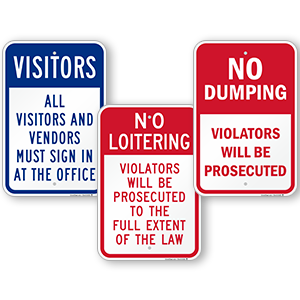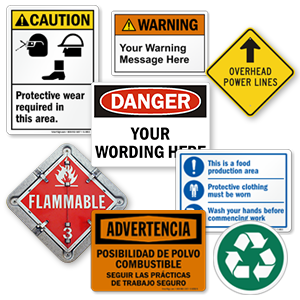7 strategies to help teens master social media etiquette
Do you know the appropriate way to butter a dinner roll during a sit-down dinner?
If you were like me when I was a child, you probably would have cut the roll in half and generously buttered the middle. It turns out, though, that the approved etiquette for eating dinner rolls is to break it into bite sized pieces and butter each individual section.
Growing up, most of my formal dinner training came from grandmothers and the movie Pretty Woman. Granted, I knew the basics and could muddle my way through a fancy party by placing a napkin on my lap and starting with the outer silverware first.
Unfortunately, this lack of training can have implications that reach far beyond water glasses and dessert trays. Etiquette is needed in a variety of real-life situations. While some doubt the “reality” of online activities, the human beings behind them are very much real. This is why etiquette and responsibility are just as important as in more tried and true spheres of life.

Image courtesy of Shutterstock.com
Avoiding the taboo
When 80% of all teens are relying on social media sites to interact with their friends and peers, it’s vital that parents and educators step up to the plate to teach digital etiquette.
Experts have been warning that a teen’s profile can impact their future endeavors. Employers, scholarship boards, and colleges have begun perusing social media to gain a more authentic image of their candidate.
A recent survey noted that 90% of students are watchful about their online personas, interactions, and posts. It should also be noted that, 60% of college graduates were not worried that their online footprints would affect their chances of being hired for a job.
This can be worrisome for parents, because the same study revealed that:
- 35% of the students had comments laced with profanity
- 30% of their posts were related to alcohol
- 7% of the surveyed group posted illegal conduct
Somehow, teens are disconnected from what should be kept private or posted publicly. If those numbers aren’t enough to understand the importance of digital etiquette, once cyberbullying and its effects enter the conversation, the implications of improper online behavior become far more severe.
Data suggests that half of all teens have found themselves the target of cyberbullying, though only one out of 10 teens will inform a parent or adult if they’ve been harassed online. It’s easy to think that simply deleting a mean text will take care of the problem, but victims of cyberbullying are at an increased risk of suffering from low self-esteem and suicide.

Image courtesy of Shutterstock.com
Please and thank you: 7 strategies for digital etiquette
Here are a few tips to refresh and expand what teens and parents need to know about how to handle the social media age responsibly:
Would grandma approve? Asking this question before posting or commenting can save many people from a social blunder. If it is likely to send Gram’s heart into palpitations, it is probably not share worthy.
If you can’t say something nice, don’t say anything at all. Heated discussions might be fun to read, but you are exposing yourself to a world of prying eyes. Don’t ruin your reputation with a hasty comment about a sensitive topic. Keep religion and politics off your feeds.
Master the art of talking. Take a step away from devices and nurture relationships the old fashioned way: talking. Discuss issues in private, not on Facebook where everyone is witness to your dirty laundry.
Silence the relationship status. We all have that one friend who can go from being single, to in a relationship, to engaged, and back to single in the span of two days. Close friends will know what’s going on — the other 463 friends don’t need to know the details of ever-changing relationship statuses.
Beware of disappearing apps. The fleeting images and messages might promote more authentic communication, but once they disappear they might not be gone forever. The Internet doesn’t forget, and people can screen capture data. Be conscious that all images might be retrieved later.
Avoid posting personal information. Take extra steps to safeguard your privacy. Be aware that location-tracking apps and background images can leave you vulnerable.
Safe sexting. Encourage teens to avoid snapping that racy selfie. If a child is going to sext, make sure they know to leave out distinguishing features and faces.
Passing Digital Etiquette
Today’s technology can harbor a lot of risks that go beyond predators and password breaches.
We don’t want to be the only person buttering their bread wrong and be outcast for overspreading or embarrassing posts. Ensuring that teens understand responsible ways to handle digital interactions can promote respect and safety. Teens can avoid a lot of heartache and distress by simply mastering social media etiquette.










